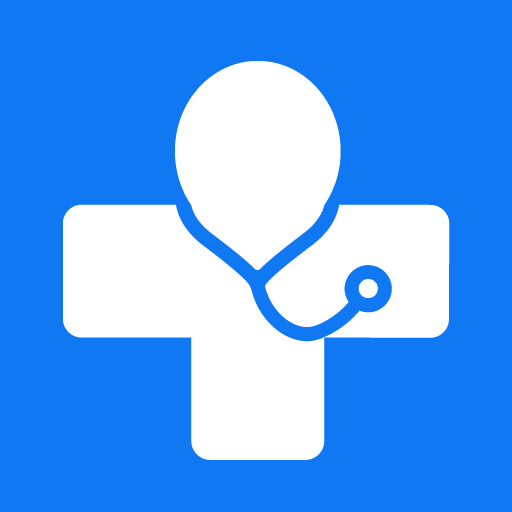

Healthcare organization
The Doctor has communication and interpersonal skills make difference amongst others and it reflet in their practice. Effective communication improves the ability to accurate diagnosis, give therapeutic instructions, and developing relationships with patients, which shows delivering high-quality personal care. If Improper communication leads to patients' dissatisfaction and many complaints lead to a breakdown in the doctor-patient relationship. To overcome this issue how to communicate the best way to enhance the patient experience.
There are many hindrances to effective and good communication in the doctor-patient relationship, including More workload to doctor, fear of physical or verbal abuse, fear of litigation, and unrealistic patient expectations, patients' anxiety, and fear.
• Doctors' Avoidance Behavior
• Decline in Doctor Communication Skills
• Resistance by Patients
• Nondisclosure of Information
Communication skills involve both style and content. Improved doctor-patient communication leads to increase patient adherence and involvement to recommended therapy; influence patient satisfaction, adherence, and improve quality of care and health outcomes.
• Be Present & Hopeful
• Assess What the Patient Already Knows
• Active Listening
• Assess What the Patient Wants to Know
• Be Empathic
• Be Direct, Clear, and Open
• Keep it Simple & Tell the Truth
• Slowly convey your information
• Be Watch the Patient's Body and Face
• Be Prepared for a Reaction
Who’s got time for all that? With training and practice, effective communication skills can become easy to implement and beneficial to use routinely. In addition to better results, communication skills help build trust and relationship with patients and, increase professional and patient satisfaction.
Doctors are not born with excellent communication skills, but training plays a role in better Communication. The training, encourage physicians' responsiveness to the patients' unique experience.
2-way communication means a 2-way exchange of information. Doctors can more interactive with their patients to accurate diagnosis and provide the best quality care and to assure the best outcome.
The most affect the doctor-patient relationship and interaction by wrong beliefs and values. Contradictory beliefs can affect health care quality through competing therapies, fear of the health care system, or distrust of prescribed therapies.
This knowledge and understanding gap may negatively affect treatment decisions and therefore may influence patient outcomes despite convenient therapy.
The doctor will come in contact with a wide array of personalities in your healthcare career. Be careful not to react or respond harshly. Choose Simple words, give information in depth, speech patterns, body position, and facial expression can help to enhance and effective communication.
Doctors with better communication and interpersonal skills are able to detect problems earlier, expensive intervention, can prevent medical crises, and provide better quality care to their patients. This may lead to better satisfaction and to higher-quality outcomes at lower costs of care, greater patient understanding of health issues, and better adherence to the treatment process.
10M+
Patients
22000+
Doctors
20000+
Hospitals/Labs
Drlogy Plus Academyclose
Copyright © 2025 Drlogy. All rights reserved.